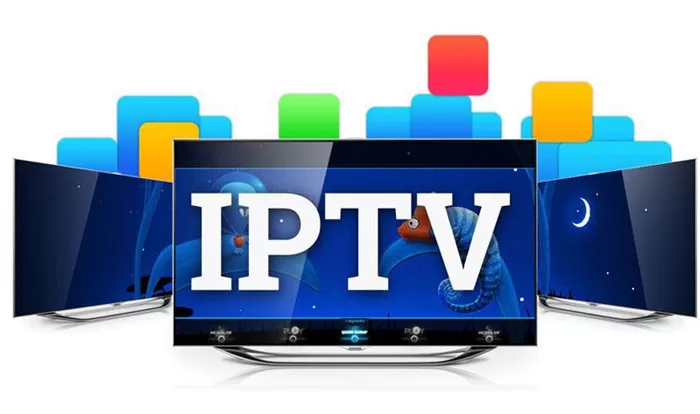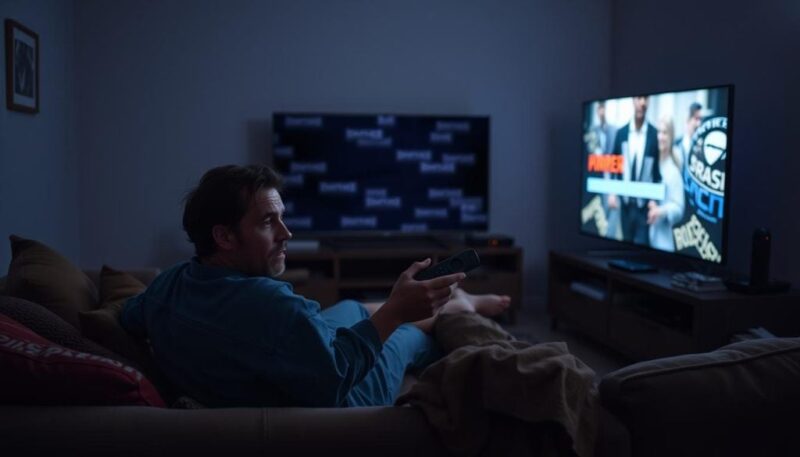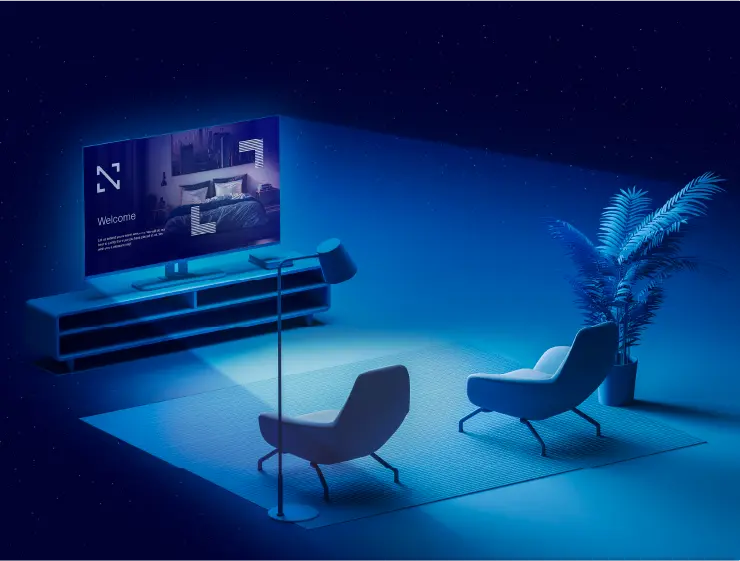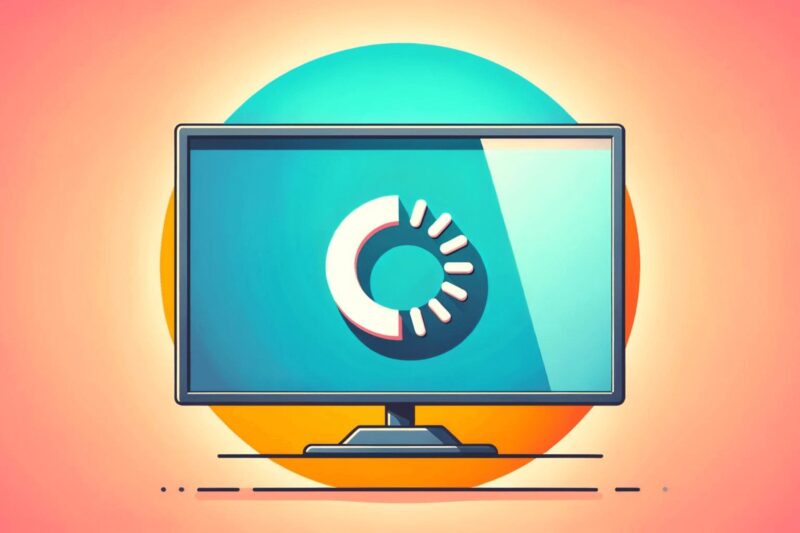If there’s one thing that ruins a good IPTV session, it’s buffering. Nothing feels worse than sitting down to watch your favorite show or a live game, only to have it pause every few seconds. I’ve been there, and it’s downright frustrating.
After countless experiments (and quite a bit of yelling at my screen), I realized the problem often boils down to one thing: your internet connection.
But here’s the kicker—not all connections are created equal. Should you stick to Wi-Fi or make the jump to a wired setup? Let’s break it down so you can enjoy smooth streaming without pulling your hair out.
Why Your Connection Type Matters

IPTV relies on a steady internet stream to deliver content. When the signal isn’t consistent, you end up with buffering.
The type of connection you use plays a massive role in how stable and fast that signal is.
When streaming IPTV services like NordicIPTV, the type of internet connection you use can significantly impact your viewing experience.
Wi-Fi
Wi-Fi is hands-down the easiest option. No cables running across your room, no drilling holes in the wall—it’s a plug-and-play setup. But convenience has its limits.
Wi-Fi signals can be interrupted by:
- Thick walls
- Competing devices (hello, smartphones and smart TVs!)
- Interference from neighboring networks
When too much interference happens, your IPTV stream becomes a pixelated, buffering mess. And don’t even get me started on how far your device is from the router—distance kills speed.
Wired Connection Is the Reliable Workhorse
Ethernet cables are old-school but powerful. Connecting directly to your router gives you a stable and speedy connection, perfect for uninterrupted streaming.
You skip the drama of weak signals or competing devices. The only downside? Wires can be annoying to set up and look messy if not managed well.
Should You Switch to Wired?

It depends on how much buffering bothers you and your setup at home. Let me share what worked for me:
Test Your Wi-Fi First
If your router is relatively new, try optimizing its performance before going full-on wired.
- Position your router centrally.
- Upgrade to a dual-band router for less interference.
- Reduce congestion by kicking unnecessary devices off your network.
When to Go Wired
If your IPTV is located far from the router or your Wi-Fi constantly struggles, a wired connection might be your best bet.
Trust me, nothing beats a smooth stream when you’re in the middle of a nail-biting football match. An Ethernet cable might feel like a hassle, but it’s worth it for consistent speed.
Pro Tips for Buffer-Free Streaming

Whether you stick to Wi-Fi or decide to go wired, here are some extra steps to ensure better IPTV performance:
- Upgrade Your Internet Plan
Some providers offer plans with higher speeds specifically for streaming-heavy households. It’s an investment that pays off if you’re a streaming junkie. - Use a Wi-Fi Extender
If rewiring isn’t an option, a Wi-Fi extender or mesh system can boost your signal to those tricky corners of your home. - Regular Router Maintenance
Restart your router occasionally to clear out any bugs. It’s like hitting refresh on your internet.
So, What’s the Secret?
The real solution depends on your situation. If convenience matters and your router is up to the task, Wi-Fi can work. But if you want maximum reliability, a wired connection is the way to go. Personally, I keep my IPTV wired—it’s one less thing to worry about.
At the end of the day, the goal is simple: enjoy your streaming experience without interruptions. Once you nail the connection, you can finally sit back, relax, and actually watch your shows. Isn’t that what it’s all about?


